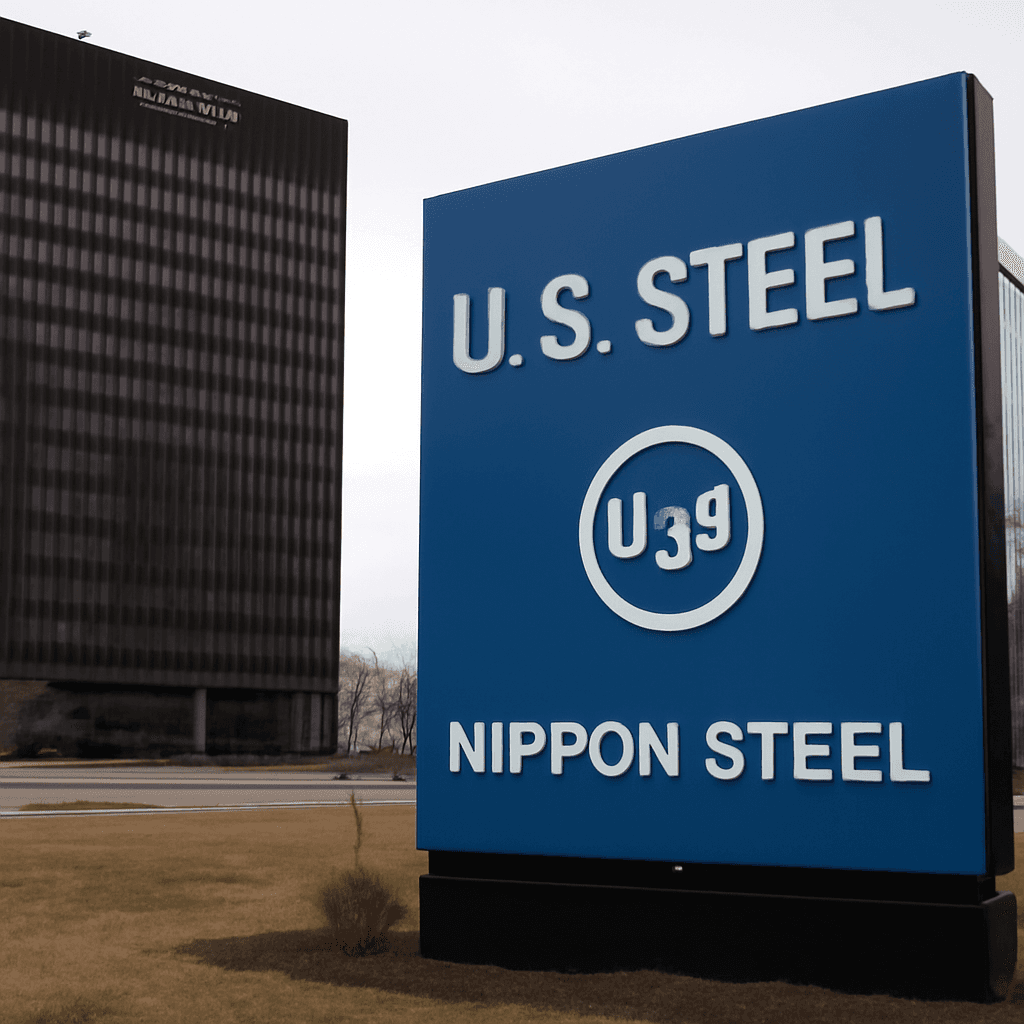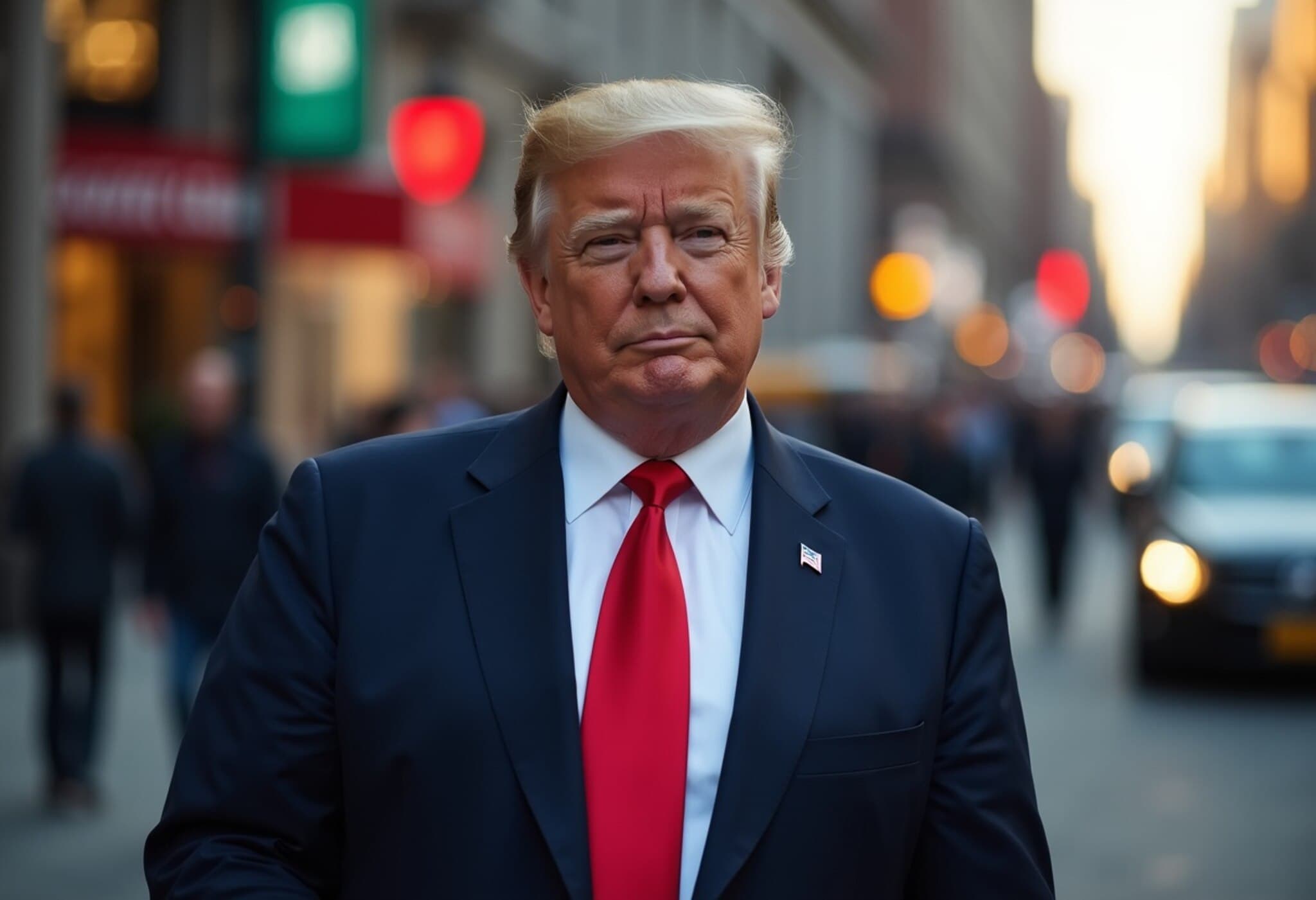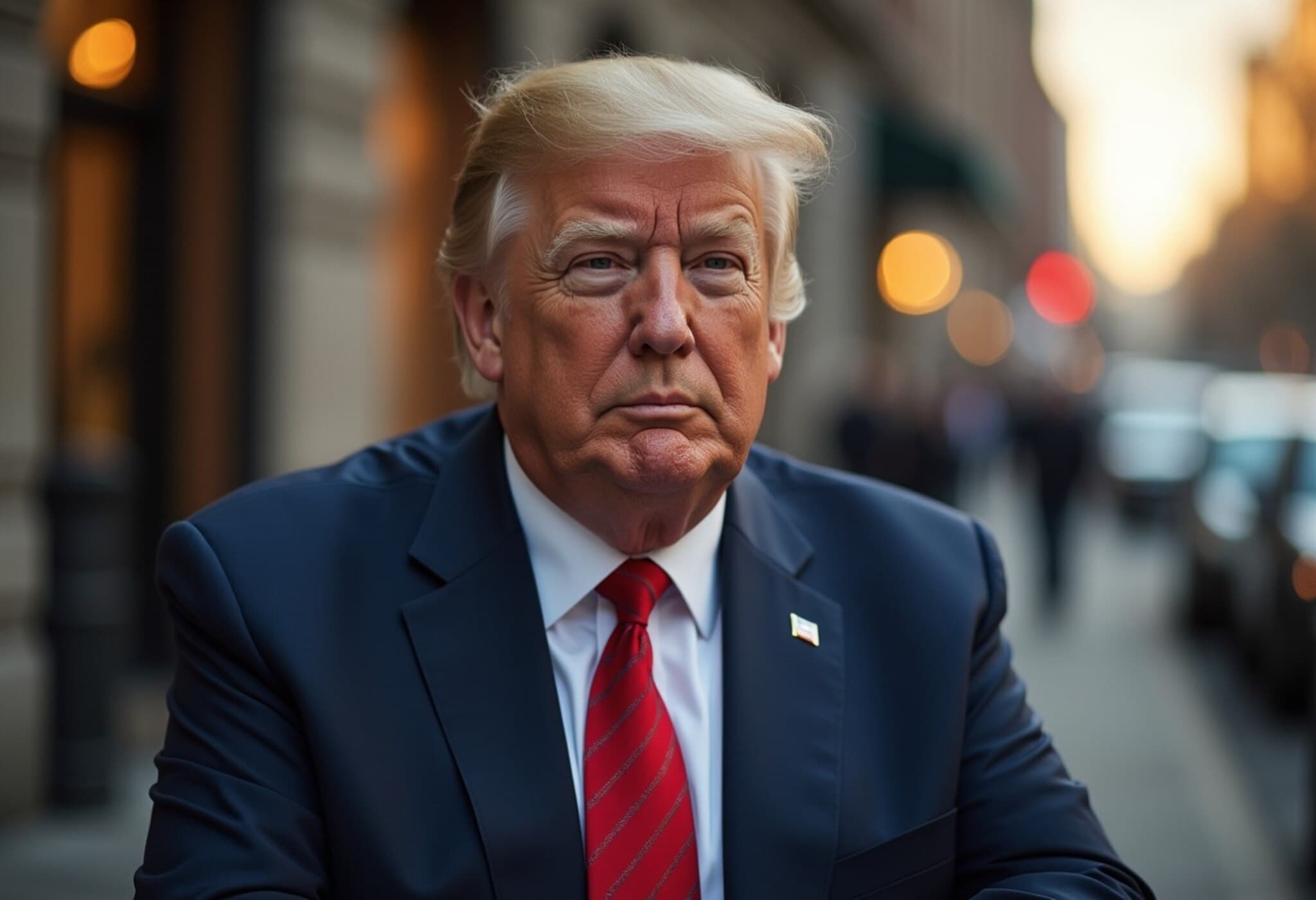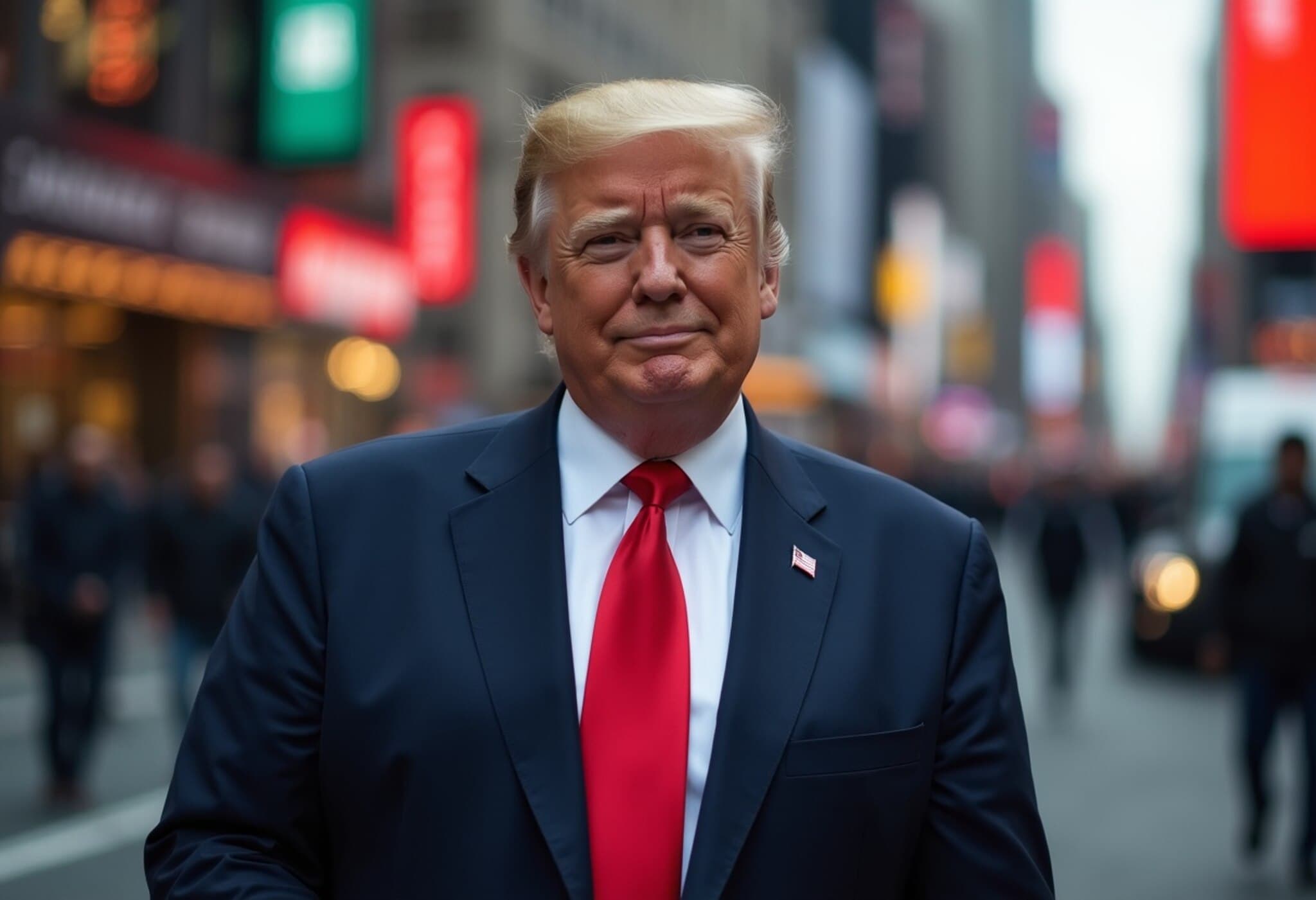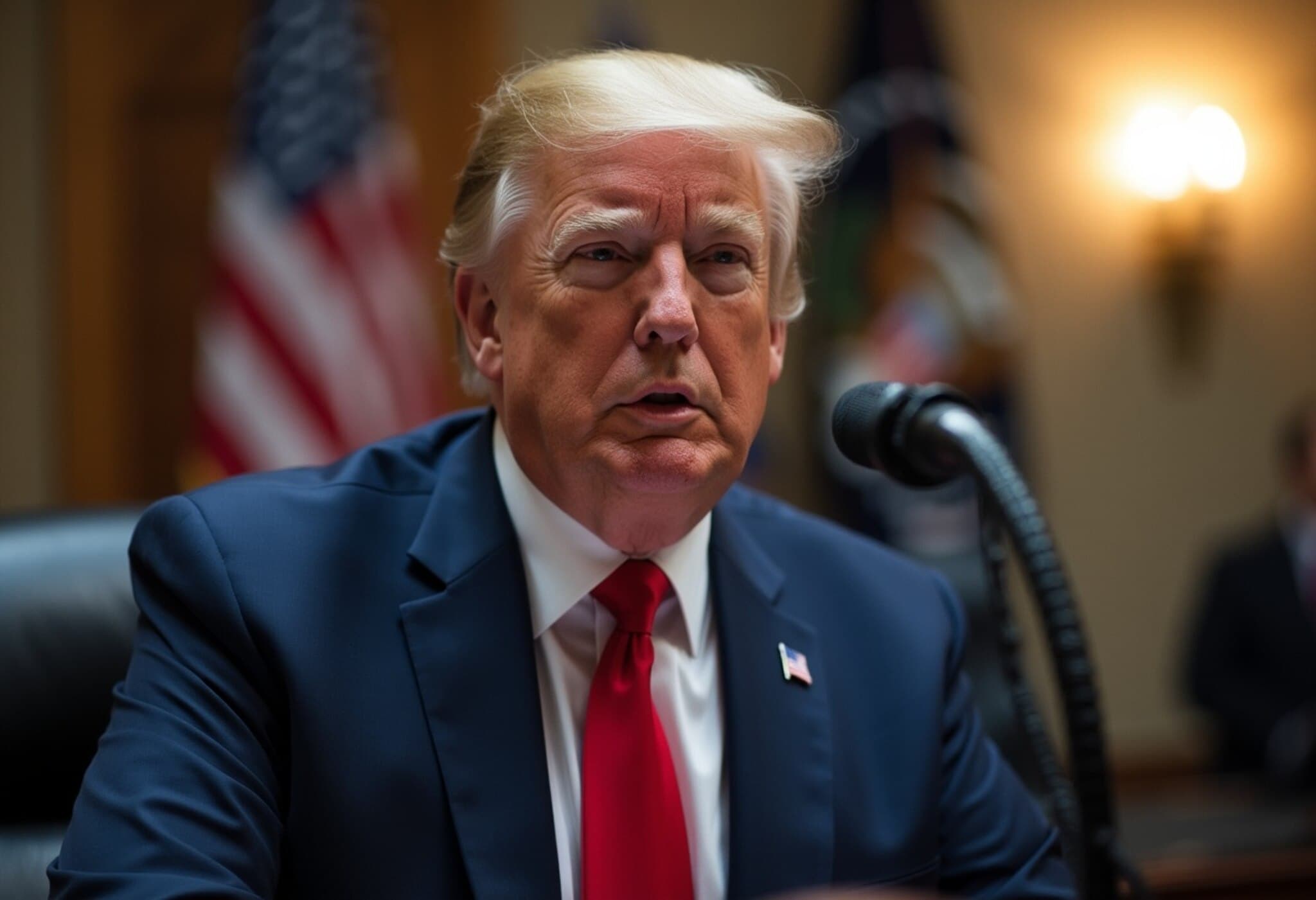CNBC Releases its 19th Annual Ranking of America’s Best States for Business
In a comprehensive assessment that scrutinizes all 50 U.S. states across 135 metrics and 10 critical competitiveness categories, CNBC has unveiled its 2025 rankings of America’s Top States for Business. This annual analysis, now in its 19th year, offers a data-driven evaluation of how states perform on factors that directly impact business environment and investment decisions.
The Methodology: Data-Driven Insight Over Opinion
The CNBC study carefully weighs categories such as economy, workforce, infrastructure, education, and business friendliness, basing the weights on which aspects states most frequently champion in their economic development efforts. This year, the Economy category took center stage as the most influential factor. Moreover, in 2025, the study innovates by incorporating new metrics that account for a state's exposure to potential trade wars and reductions in federal spending. Infrastructure metrics were also refined to reflect modern corporate requirements for power and data connectivity. Importantly, this is not a subjective survey; rather, it systematically evaluates states using verifiable data from trusted sources.
Top Performers: Winners and What Sets Them Apart
Leading the charge, North Carolina clinched the top spot, showcasing balanced strengths across economy (3rd place), workforce (4th), business friendliness (4th), and education (6th). Close on its heels are Texas and Florida, famed for their robust economies and business environments: Texas boasts the #1 workforce ranking and ranks highly in access to capital and technology innovation, while Florida leads in economic strength.
Virginia, Ohio, and Michigan round out the top six, notable for their infrastructure excellence and competitive cost of doing business. For instance, Ohio scored #1 in infrastructure and #2 in cost of doing business, demonstrating the continuing appeal of the Midwest for companies seeking cost-efficient operations.
Beyond Rankings: Economic Implications and Regional Trends
This year’s report underscores a seismic shift in where businesses find fertile ground. Southern states such as North Carolina, Texas, and Florida continue to dominate, benefiting from dynamic labor markets, pro-business policies, and improving infrastructure. These states are increasingly attractive for sectors ranging from manufacturing to tech, which prioritize a mix of affordable costs and workforce availability.
On the flip side, some traditionally strong states like California and New York continue to grapple with high costs of living and doing business, which affected their rankings. California, despite being #1 in technology and innovation and access to capital, is hampered by high costs which place it at #22 overall. These challenges spark ongoing debates about balancing innovation ecosystems with affordability and business climate.
Key Takeaways from the 2025 Report
- Trade and Fiscal Resilience: The addition of trade war risk and federal budget shrinkage metrics introduces a nuanced look at states’ vulnerabilities, which is increasingly relevant amid global economic uncertainties.
- Infrastructure Investment: Measuring power and data capacity highlights the rising importance of digital and physical infrastructure in attracting modern businesses.
- Workforce Quality: Rankings heavily reflect states’ commitment to education and skill development—a critical factor for sustaining competitiveness.
Questions Worth Exploring
While the report shines a spotlight on competition among states, it also invites broader reflection:
- How will states facing budget cuts innovate to maintain their business appeal?
- In what ways can states balance cost pressures with the need to invest in infrastructure and education?
- What role can federal policy play in mitigating risks posed by trade tensions and fiscal constraints?
2025’s Top 10 States for Business
- North Carolina
- Texas
- Florida
- Virginia
- Ohio
- Michigan
- Georgia
- Tennessee
- Indiana
- Minnesota
Editor’s Note
The CNBC 2025 ranking offers a rich, data-backed snapshot of the evolving business landscape in the U.S. The steady rise of southern and midwestern states reflects shifting economic centers that prioritize cost-effectiveness, workforce readiness, and infrastructure modernization. Yet, these rankings also remind us of the complex challenges states face—from geopolitical risks to fiscal uncertainties—that demand strategic foresight and adaptive policymaking. For businesses and policymakers alike, understanding these dynamics is vital as site-selection decisions and economic development strategies adapt to a rapidly changing national and global environment.


